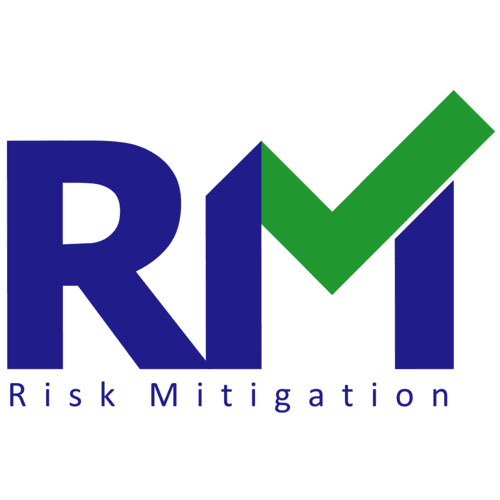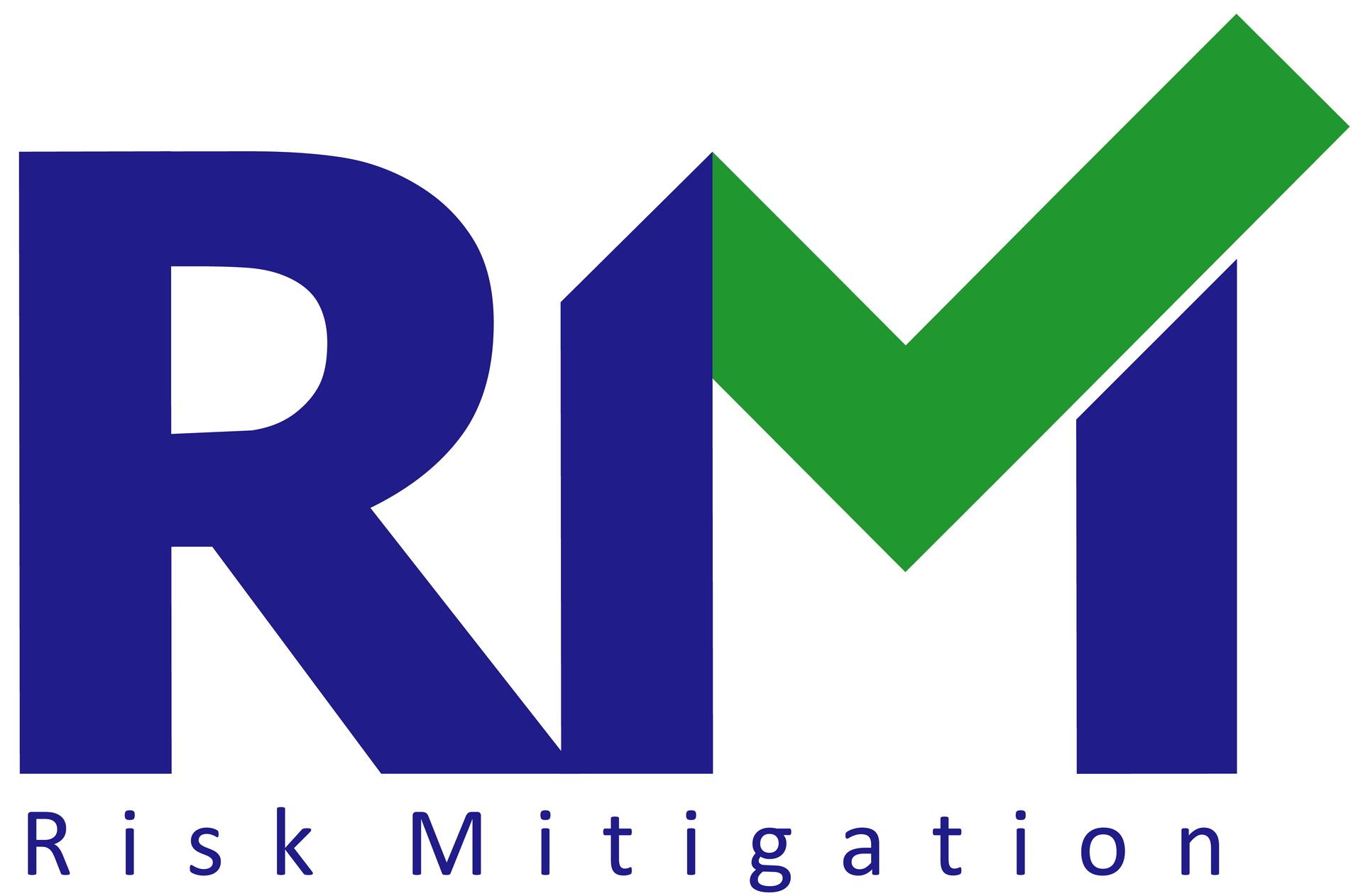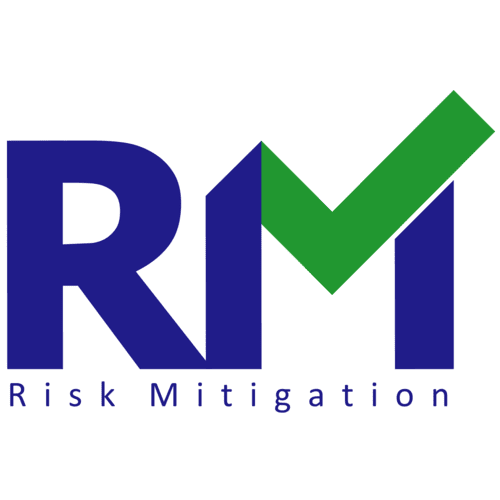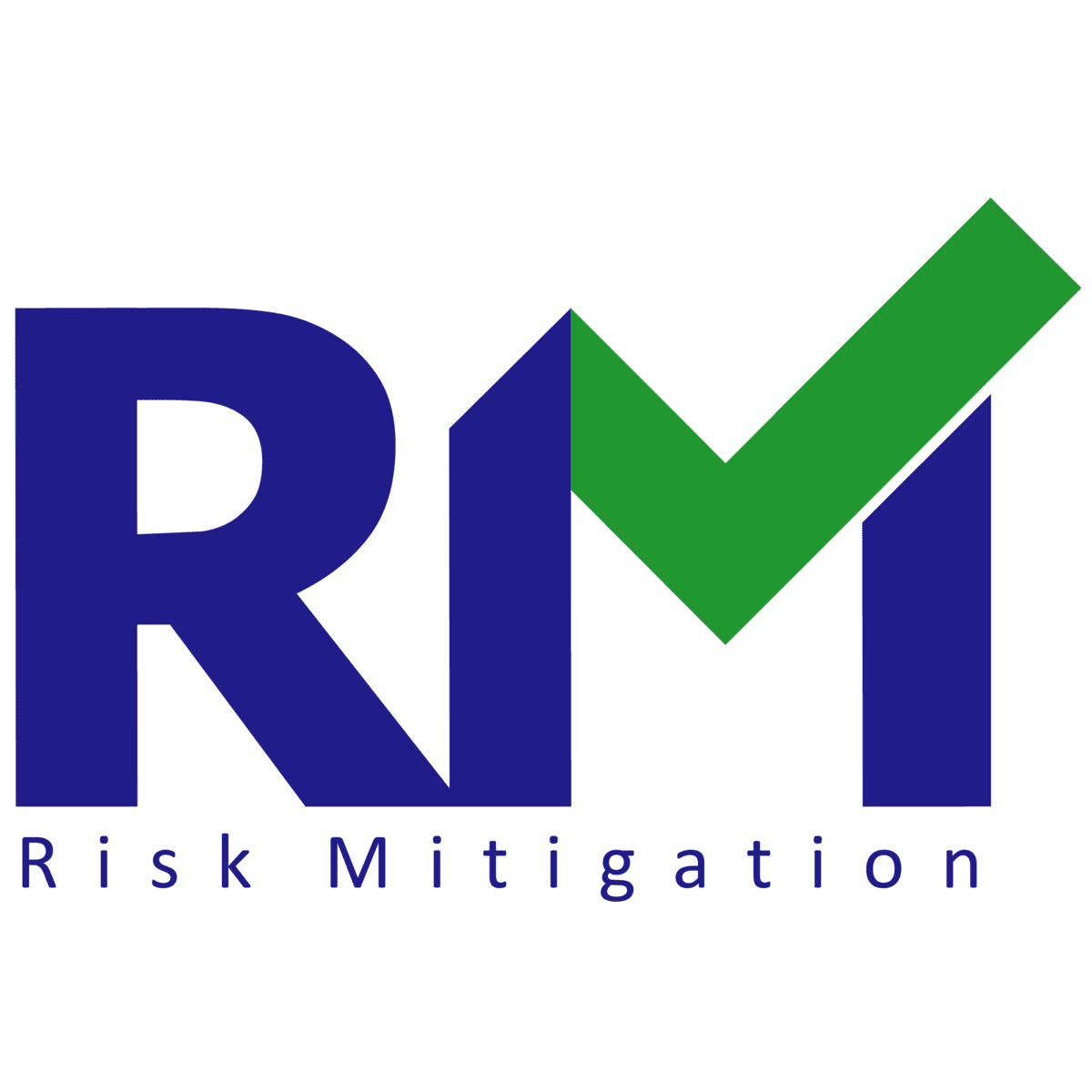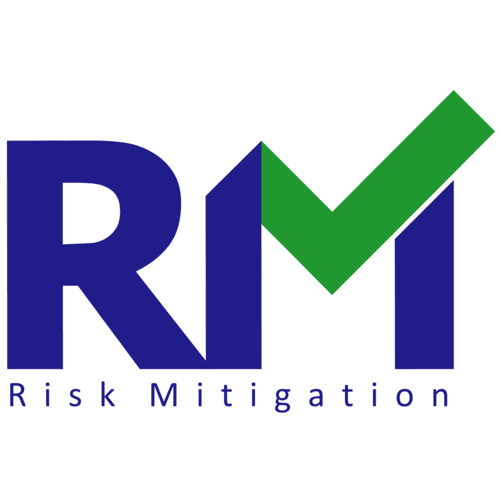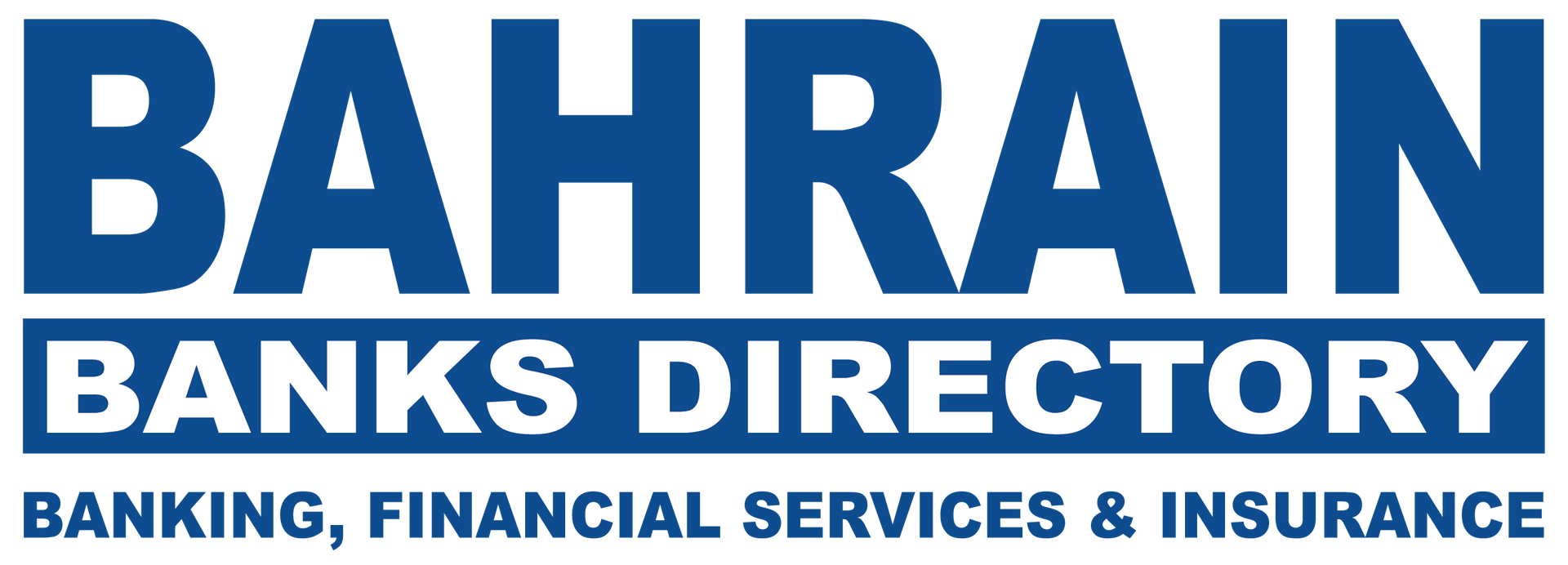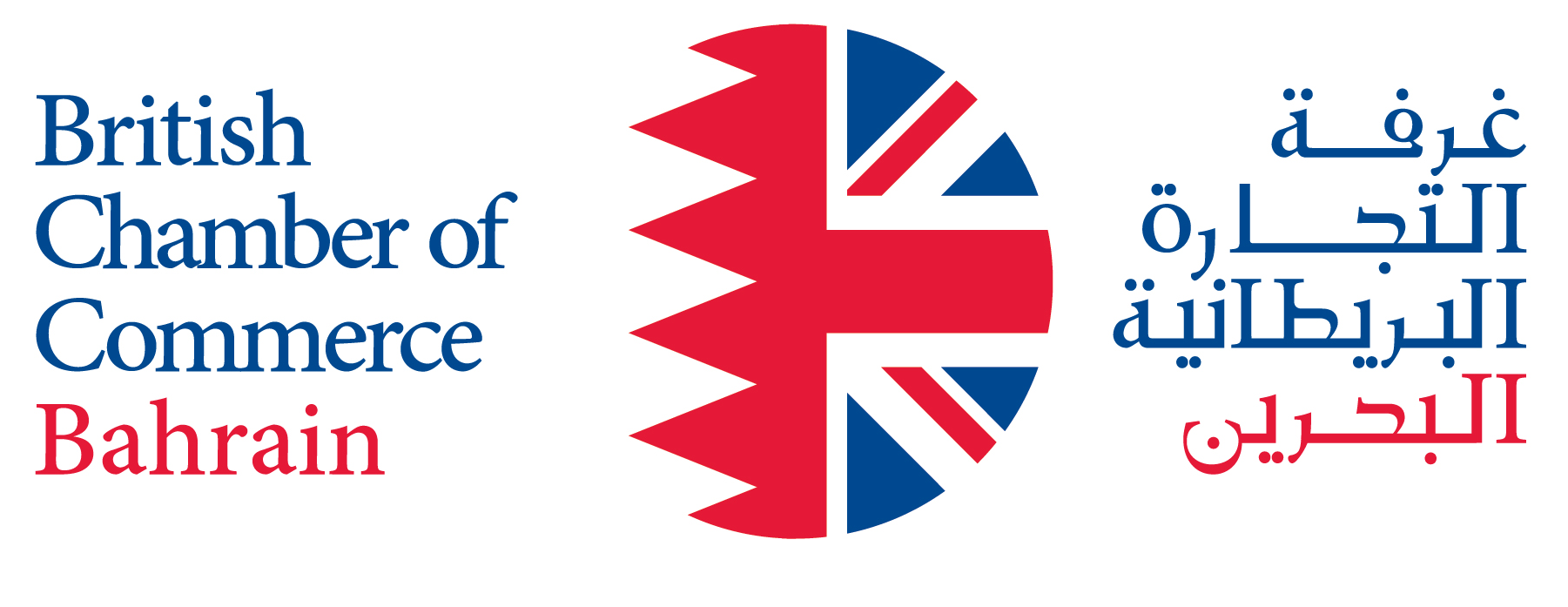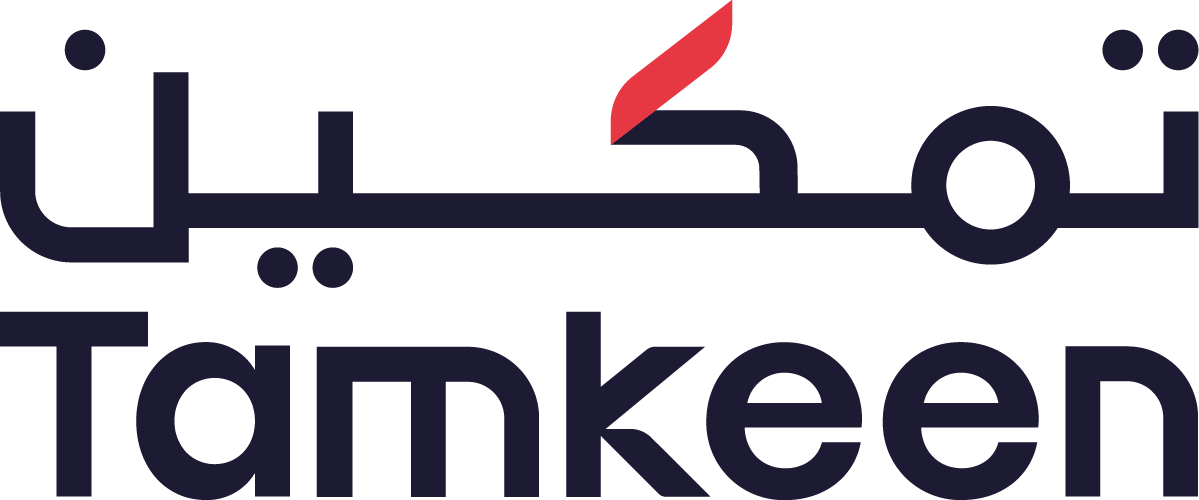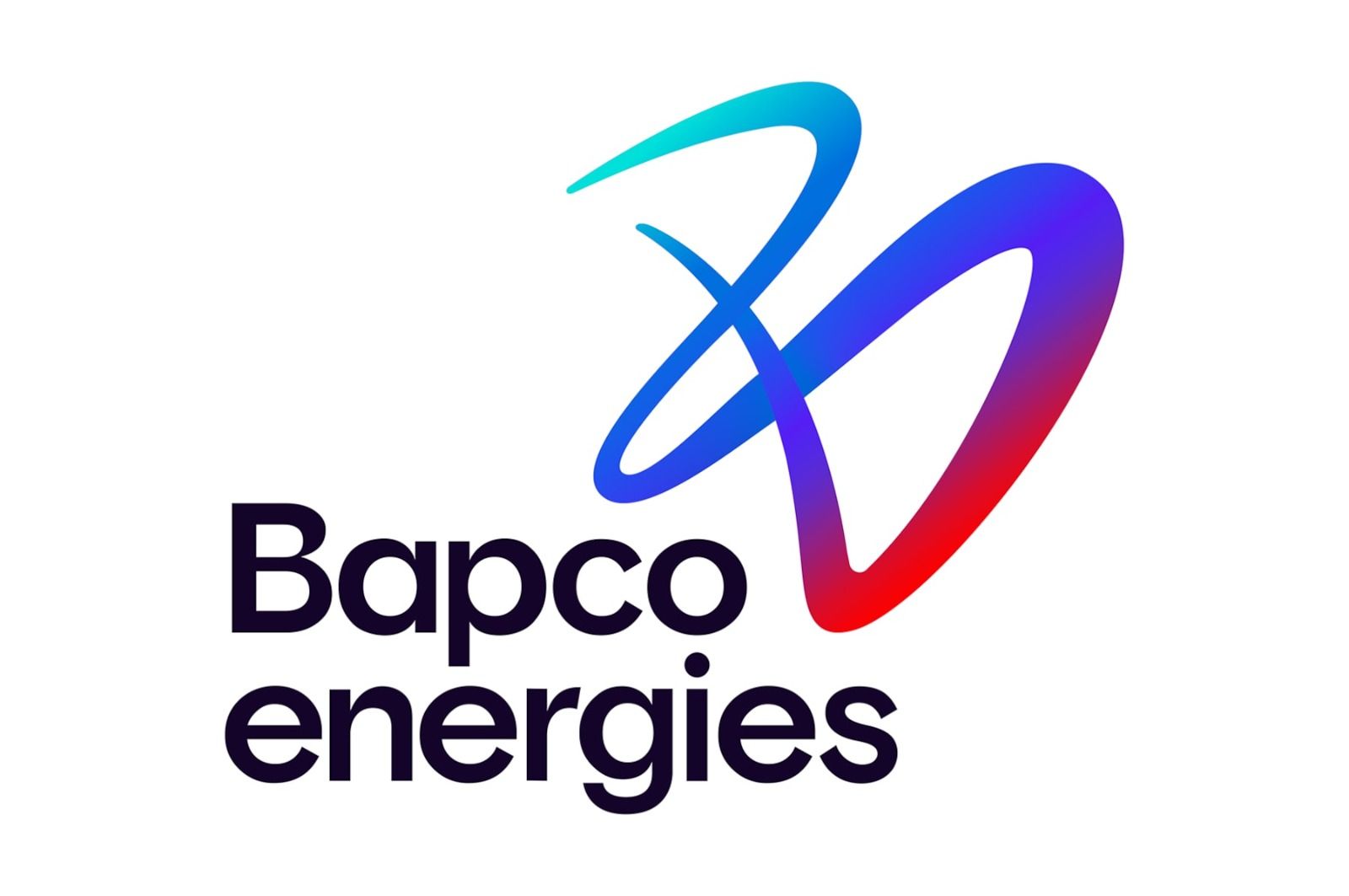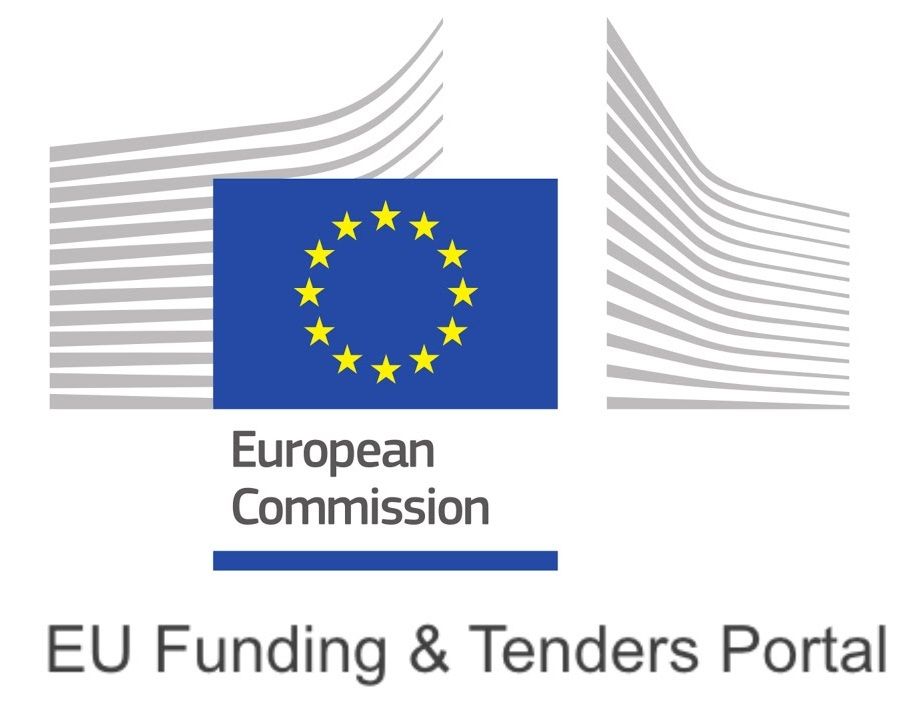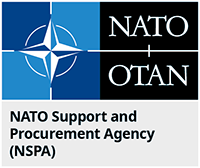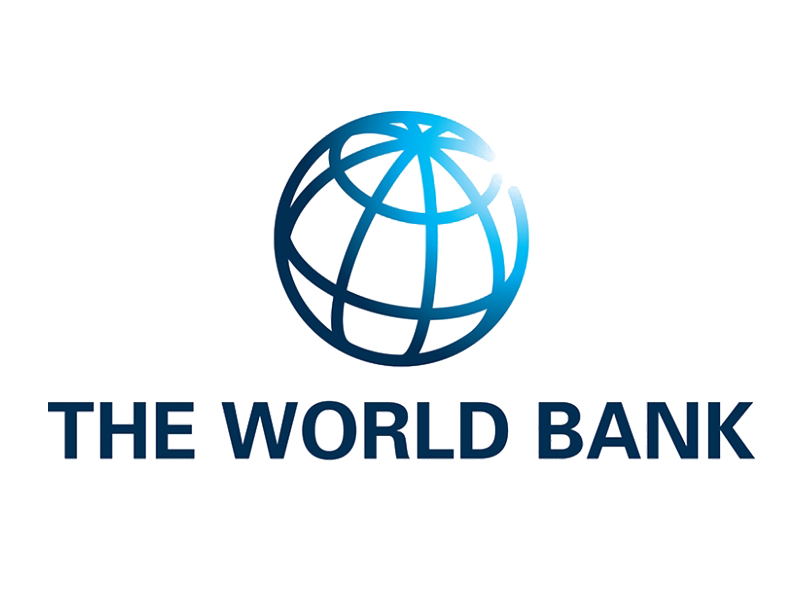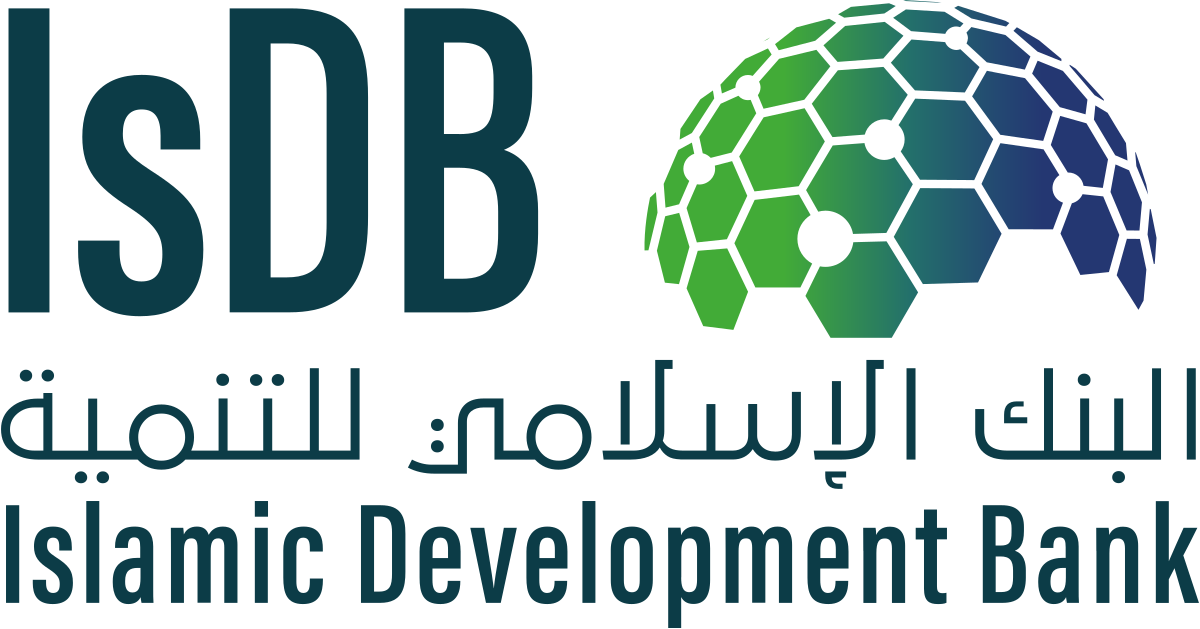What is KYC?
KYC, or Know Your Customer, is a critical framework utilized by financial institutions to verify the identities of their clients. This process is designed to mitigate risks associated with fraud, money laundering, and other financial crimes, all while ensuring compliance with various regulatory mandates.
Why is KYC Important?
KYC procedures are essential for several reasons:
- Fraud Prevention: By rigorously verifying client identities, financial institutions can significantly reduce the potential risks of fraud and financial scams, protecting not only their interests but also those of their clients.
- Regulatory Compliance: KYC helps institutions align with anti-money laundering (AML) laws and other legal requirements, proactively avoiding penalties and reputational harm associated with non-compliance.
- Risk Assessment: A comprehensive understanding of client backgrounds allows financial institutions to tailor their products and services, matching those capabilities to the specific needs and risks associated with each customer.
What Types of Due Diligence Are Involved in KYC?
There are generally two types of due diligence emphasized in KYC processes:
1. Customer Due Diligence (CDD): This fundamental process includes the gathering and verification of essential personal information such as full names, addresses, dates of birth, and national identification numbers. Additionally, institutions carry out evaluations of clients' financial backgrounds and transaction histories to assess associated risks.
2. Enhanced Due Diligence (EDD): EDD is applied to clients classified as higher risk, such as politically exposed persons (PEPs) or those engaging in complex transactions. This type of due diligence encompasses more comprehensive background reviews, ongoing transaction monitoring, and continuous risk evaluations.
What is eKYC?
eKYC, or Electronic Know Your Customer, represents a digital modernization of traditional KYC processes. With advancements in technology, eKYC utilizes tools like biometric identification, artificial intelligence, and secure mobile applications to streamline customer verification. Clients can now verify their identities online, making the onboarding process quicker, safer, and inherently more user-friendly.
Why is eKYC Important?
The importance of eKYC cannot be understated:
- Efficiency and Convenience: eKYC significantly enhances the speed of onboarding new clients. Customers can authenticate their identities from the comfort of their homes, eliminating the need for in-person visits.
- Cost Reduction: By automating the verification process, financial institutions can lower operational costs while reallocating resources to enhance customer service.
- Improved Customer Experience: The seamless nature of eKYC meets the expectations of tech-savvy clients, directly aligning with modern consumer demands and preferences.
How Do KYC and eKYC Function in Saudi Arabia and Bahrain?
In both Saudi Arabia and Bahrain, financial institutions are actively implementing KYC and eKYC practices to comply with regulatory requirements and meet the evolving expectations of their clients.
- Bahrain: Similarly, Bahrain emphasizes the significance of KYC and eKYC through various initiatives. The Central Bank of Bahrain has been pivotal in promoting technological innovation, urging institutions to adopt digital solutions for customer verification. The Financial Services sector is actively leveraging eKYC systems to ensure compliance with international standards while enhancing efficiency in client onboarding procedures.
- Saudi Arabia: The Kingdom is making substantial investments in eKYC technologies to modernize its financial services sector. Banks and financial institutions are embracing solutions that incorporate biometric identification and AI-driven tools to enhance client security and streamline processes. This move supports Saudi Arabia’s Vision 2030 initiative, aimed at digitalizing the economy and creating a secure financial environment.
What Roles Do BENEFIT and SIMAH Play in eKYC?
In the Bahraini financial ecosystem,
BENEFIT
serves as a crucial facilitator in the electronic payments landscape. It supports eKYC by providing vital verification services that streamline client onboarding, ensuring that institutions can authenticate customer identities efficiently and securely.
In Saudi Arabia,
SIMAH
holds a paramount role in the eKYC framework as a leading credit bureau. By supplying comprehensive credit information and risk assessment solutions to financial institutions, SIMAH empowers banks to make informed decisions regarding credit assessments, ultimately promoting responsible lending practices.
Why do clients Choose RM for Credit Assessment and Debt Collection?
Clients navigating the complexities of KYC and eKYC processes are strongly encouraged to engage with experienced RM for specialized support in credit assessments and debt collection efforts. RM positions itself as a valuable partner, providing tailored strategies and insights that facilitate a smoother approach to managing credit and financial obligations.
Conclusion
By recognizing the vital roles of KYC and eKYC, along with the significant contributions of organizations like BENEFIT and SIMAH, both clients and financial institutions can collaborate effectively to foster a secure, efficient, and customer-centric financial environment.
